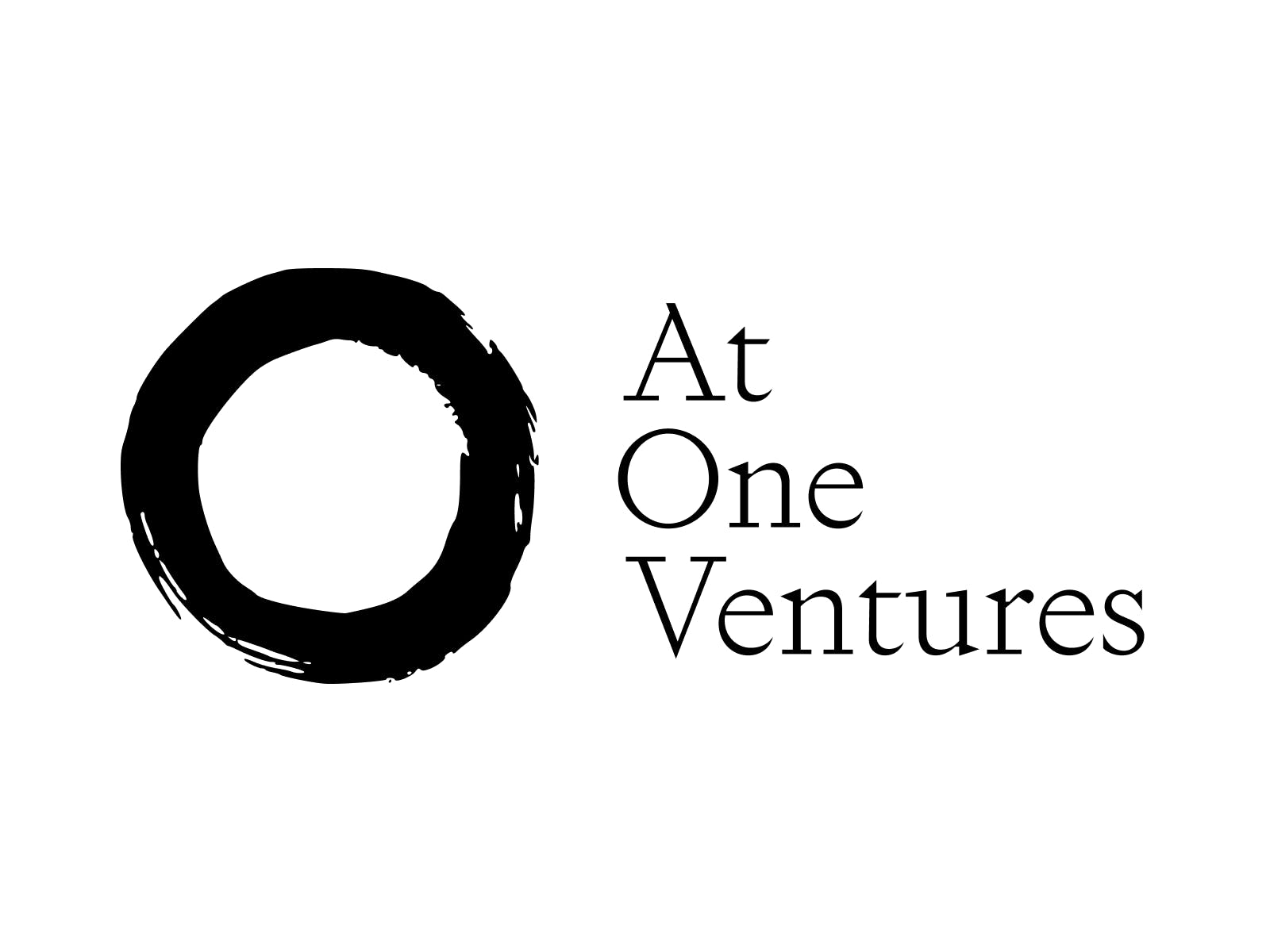Prefer Fuels Sustainable Future: $4.2M Investment Drives Fermented Coffee & Cocoa Global Expansion
August 24, 2025, 3:31 am
Food tech firm Prefer raised $4.2M, totaling $6.2M, for its innovative fermented coffee and cocoa alternatives. Utilizing upcycled byproducts, Prefer slashes emissions by 85% and costs by 50%. The funding powers global expansion and R&D. Prefer's fundraising success highlights strategic transparency, warm introductions, and radical data room openness. This approach drives sustainable, affordable solutions for climate-threatened commodities, redefining future food systems.
Singapore-based food tech leader Prefer just secured a significant US$4.2 million funding round. This oversubscribed raise brings its total capital to US$6.2 million. Investors like At One Ventures and Chancery Hill Capital led the round. Existing investor Forge Ventures also participated. The capital infusion comes as Prefer officially launches its groundbreaking soluble coffee and cocoa powders. These innovative products leverage a proprietary precision fermentation process.
Prefer's technology transforms upcycled food manufacturing byproducts. Rice and soy become the foundation for these new alternatives. The fermentation and roasting process meticulously replicates the taste and functionality of traditional coffee and cocoa. This method drastically reduces environmental impact. A life cycle analysis reveals Prefer’s coffee alternative generates up to 85% fewer emissions. It also boasts a 50% lower cost than conventional Arabica coffee.
This innovation addresses critical global challenges. Climate change threatens traditional coffee and cocoa cultivation. Supply chains face increasing volatility. Prefer offers a resilient, sustainable, and affordable alternative. The company aims to ensure these beloved commodities remain accessible worldwide. Customization of caffeine content further expands consumer choice.
Commercial partnerships are already taking shape. Prefer supplies its products to major FMCG brands, food manufacturers, and private label retailers. Flavor houses also utilize their offerings. The company recently introduced its coffee products through food service channels. A collaboration with Singaporean food business Melvados marks this launch.
International expansion is a core strategy. Prefer announced key global partnerships. In Thailand, Ajinomoto Co. will collaborate on sustainable coffee innovations. This aligns with Ajinomoto's "Eat Well, Live Well" philosophy. Australia and New Zealand will see Coffee Ferm license Prefer’s flavor IP. This partnership aims to scale local manufacturing and distribution in those key markets.
Future plans are ambitious. Prefer intends to scale its pilot production facility. It will use toll manufacturers in crucial markets. Extensive research and development on cocoa flavor is ongoing. Global partnerships, particularly in Asia, will continue to expand. The goal is clear: cement its position as a leader in alternative food ingredients.
Securing this funding was not easy. The current climate tech investment landscape is challenging. Prefer’s co-founder and CEO, Jake Berber, navigated a demanding fundraising journey. The process spanned six months. It involved over 20 investor calls per week. The conversion rate was brutal, approximately 1.5% from hundreds of initial reachouts. This demonstrates immense grit and strategic discipline.
A key fundraising pillar involved warm introductions. Berber stresses their non-negotiable importance. Investors view a founder's ability to secure warm intros as a direct indicator of sales prowess. This signals competence in connecting with future customers. Such connections are vital for business growth and revenue generation.
Radical transparency defined Prefer’s data room strategy. Berber employed a non-NDA data room. It contained nearly all company information. Only sensitive customer names and core IP details were withheld. This approach significantly accelerated the due diligence process. It built trust and streamlined investor evaluation.
Financial modeling was conservative and realistic. This helped overcome skepticism regarding memorandums of understanding (MOUs). Investors sought concrete projections. Prefer delivered. IP licensing was strategically positioned. It emerged as a capital-light growth driver. This showed a clear path to scalability without excessive upfront capital expenditure. The strategy resonated with investors.
The entire journey underscored a strong vision. Prefer aims to future-proof climate-threatened crops. Starting with coffee and cocoa, the company tackles a global necessity. Its mission aligns with increasing demand for sustainable food solutions. Investors recognize this long-term value.
Prefer's success positions it as a significant player in the alternative protein and climate tech sectors. The investment community increasingly prioritizes solutions with tangible environmental benefits and market viability. Prefer embodies both. Its innovative fermentation process offers a scalable blueprint for other food categories.
This substantial investment empowers Prefer. It will accelerate global market penetration. It will fuel further research into sustainable food technologies. The company is set to redefine how the world enjoys coffee and cocoa. Prefer stands at the forefront of a culinary revolution, delivering taste, affordability, and a healthier planet.
Singapore-based food tech leader Prefer just secured a significant US$4.2 million funding round. This oversubscribed raise brings its total capital to US$6.2 million. Investors like At One Ventures and Chancery Hill Capital led the round. Existing investor Forge Ventures also participated. The capital infusion comes as Prefer officially launches its groundbreaking soluble coffee and cocoa powders. These innovative products leverage a proprietary precision fermentation process.
Prefer's technology transforms upcycled food manufacturing byproducts. Rice and soy become the foundation for these new alternatives. The fermentation and roasting process meticulously replicates the taste and functionality of traditional coffee and cocoa. This method drastically reduces environmental impact. A life cycle analysis reveals Prefer’s coffee alternative generates up to 85% fewer emissions. It also boasts a 50% lower cost than conventional Arabica coffee.
This innovation addresses critical global challenges. Climate change threatens traditional coffee and cocoa cultivation. Supply chains face increasing volatility. Prefer offers a resilient, sustainable, and affordable alternative. The company aims to ensure these beloved commodities remain accessible worldwide. Customization of caffeine content further expands consumer choice.
Commercial partnerships are already taking shape. Prefer supplies its products to major FMCG brands, food manufacturers, and private label retailers. Flavor houses also utilize their offerings. The company recently introduced its coffee products through food service channels. A collaboration with Singaporean food business Melvados marks this launch.
International expansion is a core strategy. Prefer announced key global partnerships. In Thailand, Ajinomoto Co. will collaborate on sustainable coffee innovations. This aligns with Ajinomoto's "Eat Well, Live Well" philosophy. Australia and New Zealand will see Coffee Ferm license Prefer’s flavor IP. This partnership aims to scale local manufacturing and distribution in those key markets.
Future plans are ambitious. Prefer intends to scale its pilot production facility. It will use toll manufacturers in crucial markets. Extensive research and development on cocoa flavor is ongoing. Global partnerships, particularly in Asia, will continue to expand. The goal is clear: cement its position as a leader in alternative food ingredients.
Securing this funding was not easy. The current climate tech investment landscape is challenging. Prefer’s co-founder and CEO, Jake Berber, navigated a demanding fundraising journey. The process spanned six months. It involved over 20 investor calls per week. The conversion rate was brutal, approximately 1.5% from hundreds of initial reachouts. This demonstrates immense grit and strategic discipline.
A key fundraising pillar involved warm introductions. Berber stresses their non-negotiable importance. Investors view a founder's ability to secure warm intros as a direct indicator of sales prowess. This signals competence in connecting with future customers. Such connections are vital for business growth and revenue generation.
Radical transparency defined Prefer’s data room strategy. Berber employed a non-NDA data room. It contained nearly all company information. Only sensitive customer names and core IP details were withheld. This approach significantly accelerated the due diligence process. It built trust and streamlined investor evaluation.
Financial modeling was conservative and realistic. This helped overcome skepticism regarding memorandums of understanding (MOUs). Investors sought concrete projections. Prefer delivered. IP licensing was strategically positioned. It emerged as a capital-light growth driver. This showed a clear path to scalability without excessive upfront capital expenditure. The strategy resonated with investors.
The entire journey underscored a strong vision. Prefer aims to future-proof climate-threatened crops. Starting with coffee and cocoa, the company tackles a global necessity. Its mission aligns with increasing demand for sustainable food solutions. Investors recognize this long-term value.
Prefer's success positions it as a significant player in the alternative protein and climate tech sectors. The investment community increasingly prioritizes solutions with tangible environmental benefits and market viability. Prefer embodies both. Its innovative fermentation process offers a scalable blueprint for other food categories.
This substantial investment empowers Prefer. It will accelerate global market penetration. It will fuel further research into sustainable food technologies. The company is set to redefine how the world enjoys coffee and cocoa. Prefer stands at the forefront of a culinary revolution, delivering taste, affordability, and a healthier planet.


